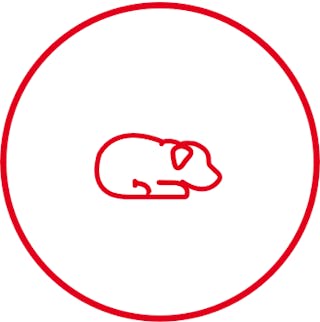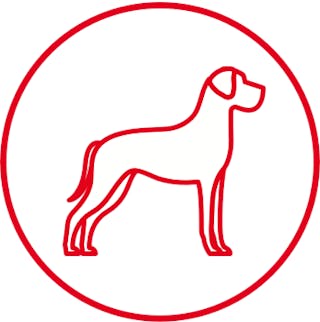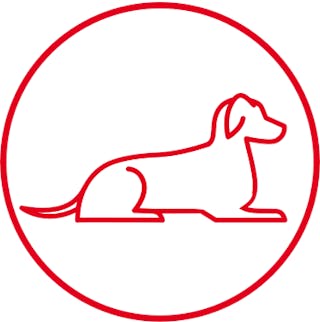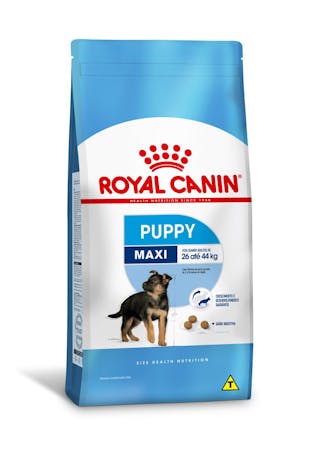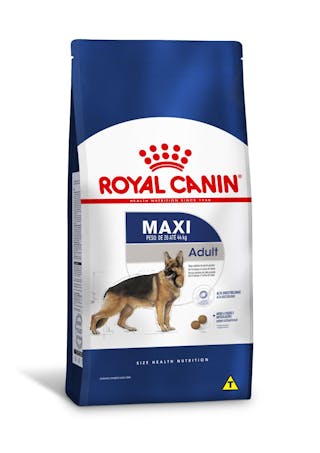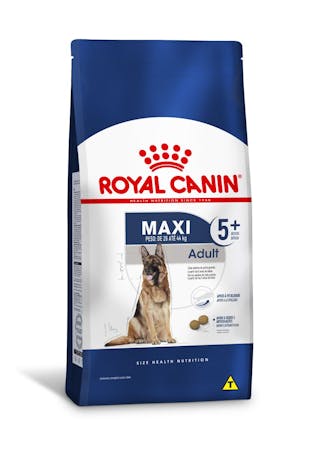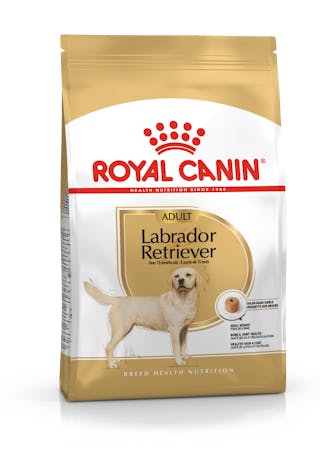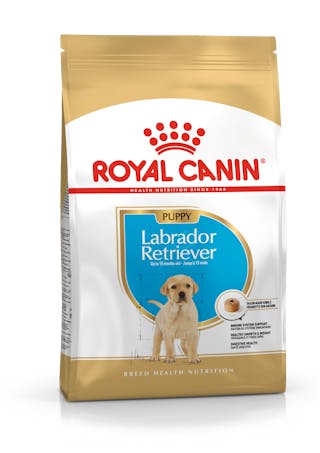
Let's talk Border Collies
“Born to Run.” That may well be the mantra of the Border Collie, a breed whose bright eyes and vivacious appearance are clues to the wellspring of energy underneath. An affectionate, loyal companion, the Border Collie is the perfect match for a runner or super athletic person - the more the better, given the breed’s constant need for activity.
Official name: Border Collie
Other names: Collie
Origins: Scotland

| Drooling tendencies |
|
Warm weather? | |
| Grooming needs |  |
Cold weather? | |
| Shedding level | |
Suited to apartment living? | |
| Barking tendencies | |
Can stay alone?* | |
| Energy Level* | High | Family Pet?* | |
| Compatibility with other pets | |
* We advise against leaving pets alone for long stretches. Companionship can prevent emotional distress and destructive behaviour. Speak to your veterinarian for recommendations.
Every pet is different, even within a breed; this snapshot of this breed specifics should be taken as an indication.
For a happy healthy and well-behaved pet, we recommend educating and socializing your pet as well as covering their basic welfare needs (and their social and behavioral needs.
Pets should never be left unsupervised with a child.
Contact your breeder or veterinarian for further advice.
All domestic pets are sociable and prefer company. However, they can be taught to cope with solitude from an early age. Seek the advice of your veterinarian or trainer to help you do this.


| Baby age | Birth to 2 months |
| Puppy age | 2 to 15 months |
| Adult age | 12 months to 7 years |
| Mature age | 7 years to 10 years |
| Senior age | From 10 years |
1/7
Get to know the Border Collie
All you need to know about the breed
What do we do next? If the Border Collie could talk, this would surely be an oft-heard phrase. The breed is extremely energetic, with an almost constant need to move, so the perfect match is an owner who likes the same. No apartment life for this dog: Border Collie energy is almost off the charts. They would definitely thrive on a farm, ranch, or other setting giving them plenty of room to run and a job to do.
Slight in build, the Border Collie epitomises a herding breed and has the hallmark “herding eye”--a steely stare put on sheep, or perhaps you, when you least expect it! They are by far one of the most agile and nimble dogs.
The breed name comes from the Borders region between England and Scotland, rolling Highland territory that necessitated a dog that could roll with it. Herding sheep all day? No problem!
Loyal to the bone, Border Collies can also be quiet when around strangers, endearingly so. They warm up in a short amount of time, as long as tasks - and jobs - keep coming. Despite their intensity, Border Collie behaviour isn’t erratic, they are pretty predictable and dependable. The breed is tailor-made for agility and obedience competitions, both great outlets for their high athleticism.

2/7
2 facts about Border Collies
1. He may be an escape artist
The incessant energy and curiosity of the Border Collie character will cause them to follow their nose--and to wander as well. Keep them safe with a well-fenced enclosure and a watchful eye.
2. A Border found on the border
Between Scotland and England, that is, as the Border Collie’s extreme athleticism and agility was well-suited for the hilly Highland terrain found there and the sheep herding activities so needed in the region.
History of the breed
Border Collies have a long history in their nation of origin, the United Kingdom, descending from multiple strains of herding and sheepdogs before them. Originating in the 17th Century, oddly enough, it wasn’t until the 20th that they were officially recognised. Their name stems from the breed’s use as herding dogs in the rolling Highlands found on the border between England and Scotland, the “Collie” part of the name refers to sheepdogs and comes from the Scottish dialect.
As the breed developed, they branched off into specific geographic regions--Welsh Sheepdogs, Northern Sheepdogs, Highland Collies, and Scotch Collies.
In 1860, the second dog show in England was held and Scottish Sheepdogs were shown.
Border Collies are still highly prized for their agility and ability to herd, whether in a commercial or domestic setting. The Border Collie’s remarkable intelligence and need for speed has made them the top winners of agility competitions worldwide.

4/7
From head to tail
Physical characteristics of Border Collies
1. Ears
Triangular ears stand erect in good proportion to the head
2. Head
Head carried high signifies very alert breed, black nose, long, somewhat pointed muzzle
3. Body
Strong, muscular body, solid but not at all hulking
4. Tail
Bushy tail held low when relaxed; raised when active and slightly curled
5. Coat
Signature trait of black lustrous coat with straight, medium-length hair, very dense undercoat
5/7
Things to look out for
From specific breed traits to a general health overview, here are some interesting facts about your Border Collie
6/7
Caring for your Border Collie
Grooming, training and exercise tips
Grooming your Border Collie will inevitably require some work. As an active breed, they don’t always stay as clean as we might prefer. With fur that can vary from a rough coat to a smooth one, using a pin comb one to two times a week will take out tangles and keep him looking sharp and ready for anything.
Fewer dogs are easier to train than the Border Collie. Very intelligent and with a high desire to please, obedience training can be practiced throughout your dog’s life. Make sure to socialise them from the start since the breed can be wary of newcomers. In need of a job always, agility training and competitions are the perfect outlet. A busy Border Collie is a content Border Collie.
Extreme athleticism is the hallmark of the
breed. With its innate high drive, the more exercise the Border Collie gets,
the better. Agility, obedience, tracking, and rally competitions suit this
breed well, or really any constant movement! Daily vigorous activity is best.
All about Border Collies
Not much! The Border Collies’ biggest
drawback is their need for constant activity. The breed’s origins lie in
herding and they have at times been called a “fanatical workaholic” so it’s
hard to teach an old dog new tricks. A Border Collie’s smarts make them a
challenge at times too, and very much not suited for city living. If not a farm
owner, keep yours occupied with multiple daily walks, or a well-fenced yard
where they can run free. Agility courses and advanced obedience training match
the Border Collie activity level well.
Having a Border Collie as a pet can be a
great decision. Lively dogs with a great disposition, they are very
child-friendly and super playful, a breed that adapts well to human
companionship; its instinct to herd may even translate to humans at times! As
with all dogs, early socialisation and training is essential.
Tailored nutrition for your Border Collie
Read More about Breeds

How should I care for my ageing dog?

How to maintain your dog's healthy weight

Bladder problems in dogs
Sources
1 - Veterinary Centers of America https://vcahospitals.com/
2 - Royal Canin Dog Encyclopaedia. Ed 2010 and 2020
3 - Banfield Pet Hospital https://www.banfield.com/
4 - Royal Canin BHN Product Book
5 - American Kennel Club https://www.akc.org/
